Target Audience: Uninsured
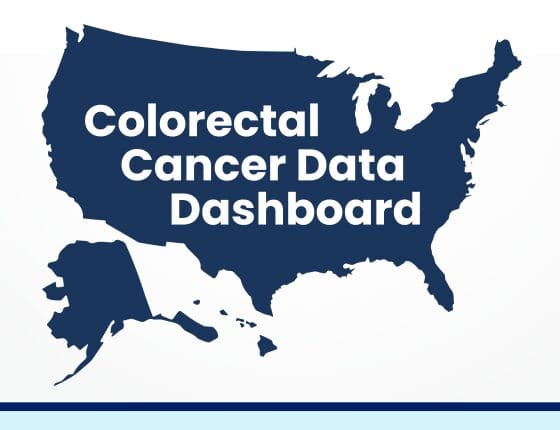
NEW!
New Resource Webinar: Colorectal Cancer Data Dashboard

NCCRT Colonoscopy Needs Calculator
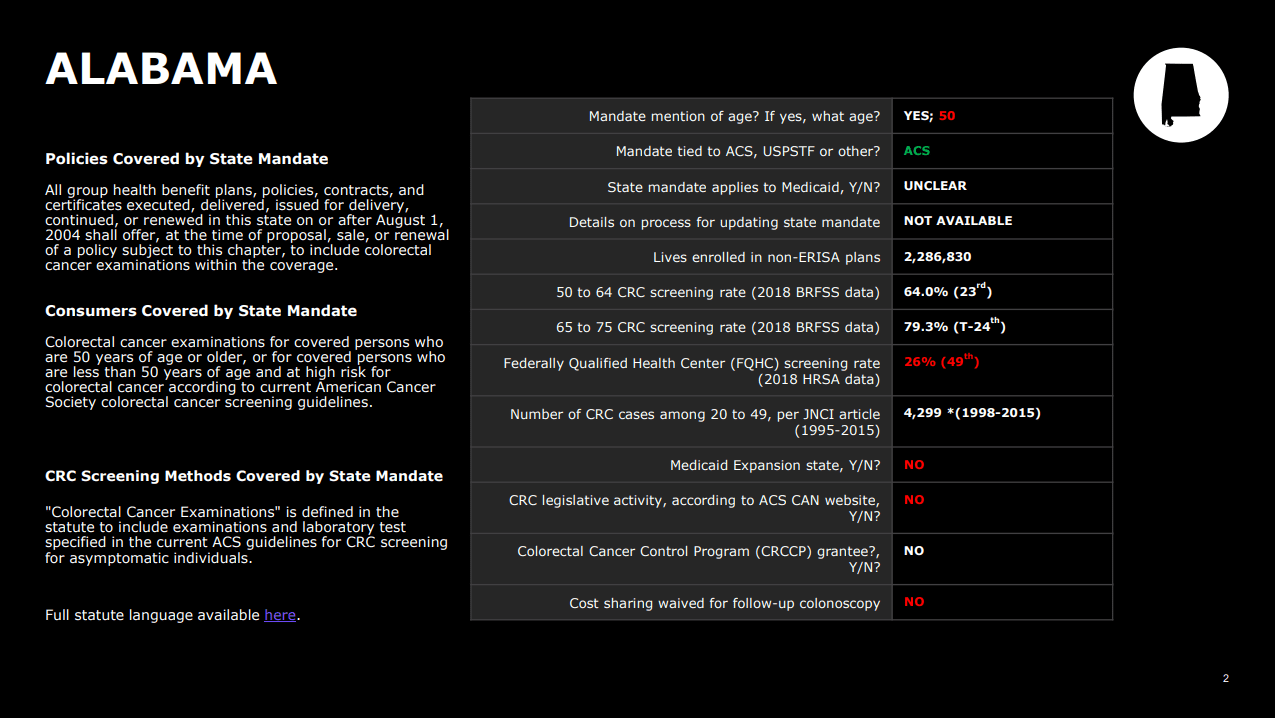
State-by-State Colorectal Cancer Screening Landscape
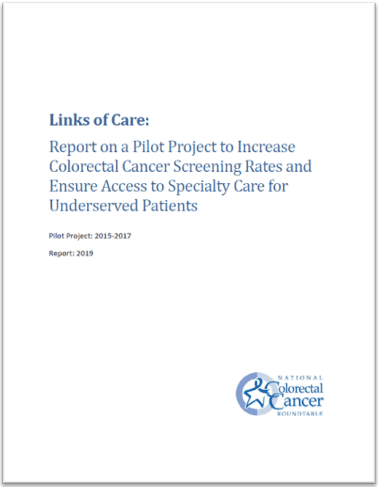
Summary Report on Links of Care Pilot to Increase Colorectal Cancer Screening for Underserved Patients
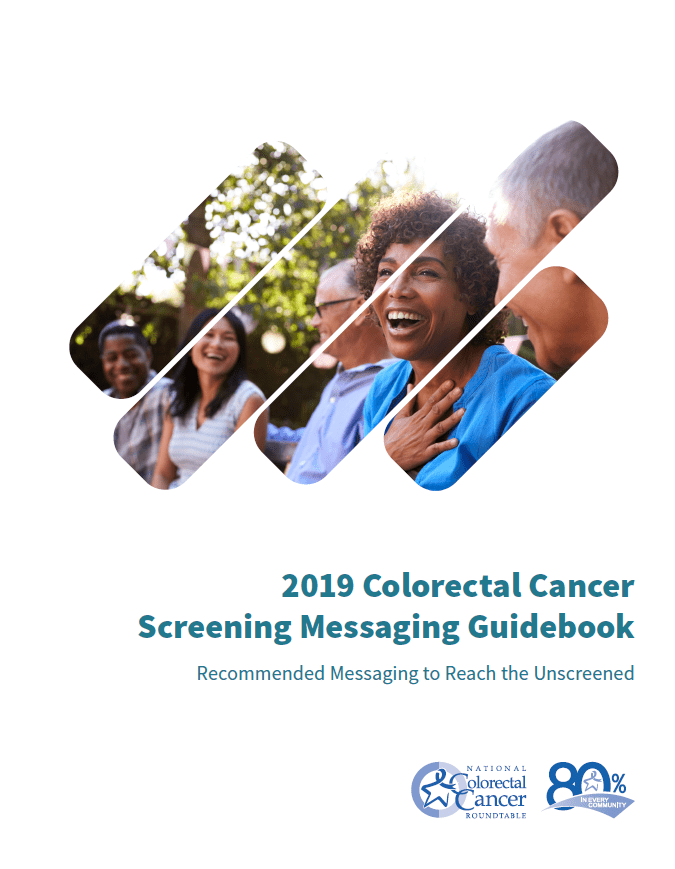
2019 80% in Every Community Messaging Guidebook: Recommended Messaging to Reach the Unscreened
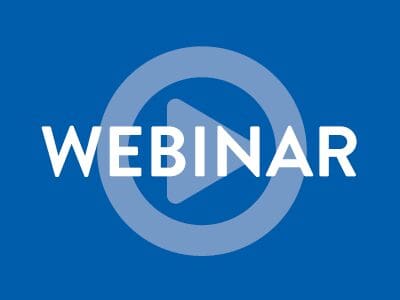
Webinar: 2019 Messaging Guidebook: Recommended Messages to Reach the Unscreened

Innovative Ways To Increase Colorectal Cancer Screening Among The Underserved – February 20, 2018

HSRA Community Health Center Program Data
